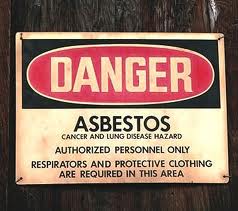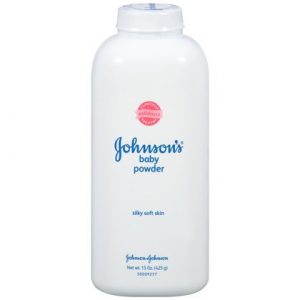 A 65-year-old Beaverton man who is dying of asbestos-related cancer – four decades after he was exposed to the material – was awarded $8.75 million by an Oregon jury.
A 65-year-old Beaverton man who is dying of asbestos-related cancer – four decades after he was exposed to the material – was awarded $8.75 million by an Oregon jury.
The three and half week long trial showed that Kaiser Gypsum, the manufacturer of a spackle-like product used on wallboard, exposed David Hoff to asbestos in the 1970s even though the company was aware of the hazard as early as 1965, according to evidence presented at the trial.
Hoff was a carpenter and was in his 20s when he worked construction sites where the Kaiser Gypsum product was applied by drywall workers, then sanded, releasing the tiny cancerous fibers into the air he breathed, according to the lawsuit.
 Dallas Fort Worth Injury Lawyer Blog
Dallas Fort Worth Injury Lawyer Blog


 The Food and Drug Administration (FDA) issued a drug safety communication stating that it has revised the warning labels of SGLT2 inhibitors, including Invokana, to include information about acute kidney injury.
The Food and Drug Administration (FDA) issued a drug safety communication stating that it has revised the warning labels of SGLT2 inhibitors, including Invokana, to include information about acute kidney injury. Recent lawsuits against Johnson and Johnson’s Baby Powder product has brought to light evidence linking Talc, the main ingredient in Baby Powder, and ovarian cancer.
Recent lawsuits against Johnson and Johnson’s Baby Powder product has brought to light evidence linking Talc, the main ingredient in Baby Powder, and ovarian cancer.